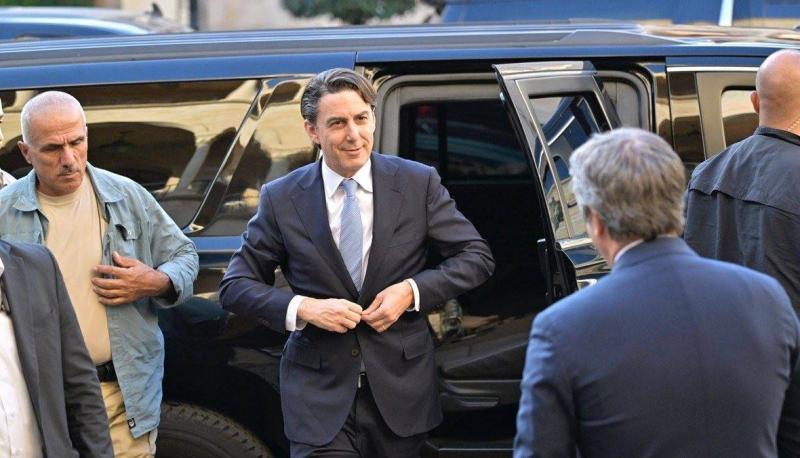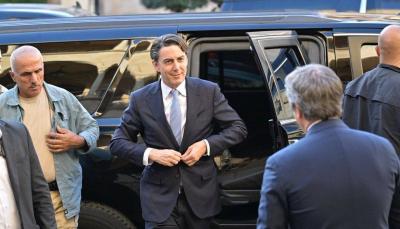A somewhat strange idea emerged about involving Iran in the negotiations that took place in Qatar to end the war on Thursday, August 15, 2024. However, this did not happen due to Israel's objections to the idea. It is unclear which party raised the notion, which seems to have been an attempt to appease Iran to convince it not to retaliate against Israel following the assassination of Ismail Haniyeh in Tehran. The last ideas that were considered suggested that Iran would not retaliate if fighting in Gaza ceased. Only the leader of Hezbollah in Lebanon remains insistent on responding, seeking revenge for the assassination of his military commander in the southern suburb of Beirut.
The American delegation arrived in Doha, as did the Israeli delegation to join the Qatari and Egyptian representatives, while Hamas announced its non-participation, sometimes insisting on enforcing a previous agreement or due to Netanyahu adding new conditions; however, it was said that Qatar is representing Hamas in the meeting and conveying its viewpoint. Optimism decreased as U.S. Secretary of State Blinken canceled his eighth or ninth visit to the region during the Doha meeting.
On the Lebanese side or northern front, U.S. presidential envoy Hochstein and then the French envoy came to Beirut. The efforts of the two envoys focused on persuading Hezbollah not to retaliate, so as not to escalate the war with Israeli reprisals if the party initiated more intense fighting; meanwhile, Israeli strikes continued in Gaza and southern Lebanon. Another concern for the envoys was urging Lebanese Prime Minister Najib Mikati to announce adherence to the implementation of UN Resolution 1701, which includes the withdrawal of Hezbollah from the borders and the deployment of the Lebanese army and international forces there. The Lebanese government announced its intention to increase the army's numbers by five thousand recruits to be stationed on the border alongside existing Lebanese and international forces.
When the American envoy met with a delegation of opposition MPs in Beirut, he also urged them to expedite efforts to elect a new president after the high office had been vacant for nearly a year and ten months! It has always been said: do not provoke war, for everyone knows how it begins, yet no one knows how it ends. Here we are, ten months and more engulfed in fighting, with thousands of civilian casualties, averaging sixty killed daily in Gaza and five dead in southern Lebanon. The destruction of infrastructure is significant, not just in Gaza but also in southern Lebanon, in addition to the displacement and exhaustion of both sides.
The situation worsened last week, in addition to the dead and captives in the West Bank, with thousands of settlers, led by Israeli Minister Ben Gvir, storming the courtyards of Al-Aqsa Mosque, demanding the right to share it with Muslims for prayer; meanwhile, some elements in the Israeli government and groups of Haredim (religious Jews) rejected changing the agreed rules prohibiting Jewish prayer in the mosque, which was condemned by international parties, the United Nations, and several Arab countries.
In addition to the difficulties of stopping the war, there is no clarity regarding who will govern Gaza post-war and organize aid operations. It is true that Americans and Arabs believe that the Palestinian Authority should return to Gaza, but the Israelis oppose this, alongside doubts about the Authority's capabilities despite the agreement with Hamas in Beijing to form a national unity government.
There is a significant difference between stopping fighting and exiting the war. Stopping fighting means halting the killing. However, reaching a cessation of war means entering into negotiations and initiatives that help achieve sustainable peace, which can only be realized with a two-state solution.




